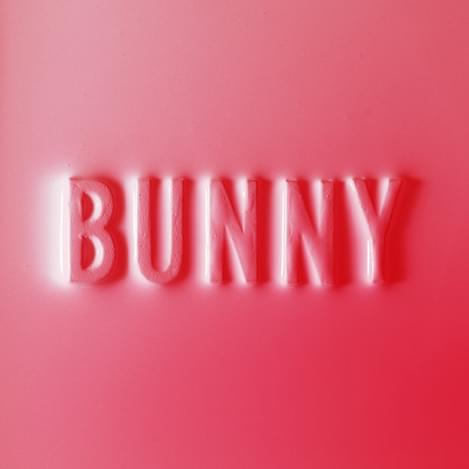Matthew Dear has made better records than Bunny, but it's still excellent
"Bunny"

The album opens with “Bunny’s Dream”, which lulls the listener into a false sense of ease. It’s warm, relaxed and generally subdued before building to a decidedly odd crescendo of samples and echoes. Dear’s sense of humour – he loves a bait-and-switch – appears again on “Calling”, which does the same trick (quiet for a while, then aggressive), only to diminished returns.
There are two features from queer-pop legends Tegan and Sara, “Bad Ones” and “Horses”. The former is a standout on the record – it's lean, rhythmically rubbery and features some disorienting bass rumbles. The latter is a more subdued track, with the lyrics primarily concerned with the sometimes infuriating nature of love. The hushed, more plaintive tone – not to mention the addition of Tegan & Sara’s voices – add to the atmospherics, lending a real emotional punch to what can at time feel like a somewhat sterile record.
About halfway into the record, and you’ve already noticed that is not Dear’s best work. It lulls and coasts where his other records seemed to bang and hiss. You almost get the same feeling you get when listening to The Fragile or say, Depeche Mode’s Exciter.
The sterility and lukewarm feel that the record often seems to fall into is helped in no small part by the crushing monotony of the vocals, which are often manipulated, pushed to the back of the mix or ignored altogether. On his other, somewhat superior records (especially Beams and Black City) the monotone added to the seductive gothic melodrama of the music, because it seemed to boom out of the speakers, vying for attention. Here, stripped of the gothic grandeur of those records, the voice seems somewhat... dull? However, two stellar tracks are on hand to save the album from damned-by-faint-praise purgatory.
The first of these, “Modafinil Blues” is easily the best track on the record, and probably the best thing he’s done to date. It’s ice-cold, blackened synth-pop that splits the difference between modern darkwave and classic Kraftwerk. Clearly, this is what he’s aiming at, and it just goes to show how damn good the record could have been if he’d maintained this focus (or this sound).
The second of the definite winners is “Echo”. It’s grubby, greasy and sleazy – and was written on the day Lou Reed died. It’s an indirect tribute to The Man in Black Shades, insofar as it sounds utterly filthy and has a gleeful air of delinquency – a slingshot pulled from a sewer.
It’s a record with a few winners, a few losers and some fillers. However, it is by no means a poor record. There’s plenty here that most modern electro artists would die to produce, but it’s a shame that there’s just so much here that falls far short of the work Dear has done in the past.
Get the Best Fit take on the week in music direct to your inbox every Friday



